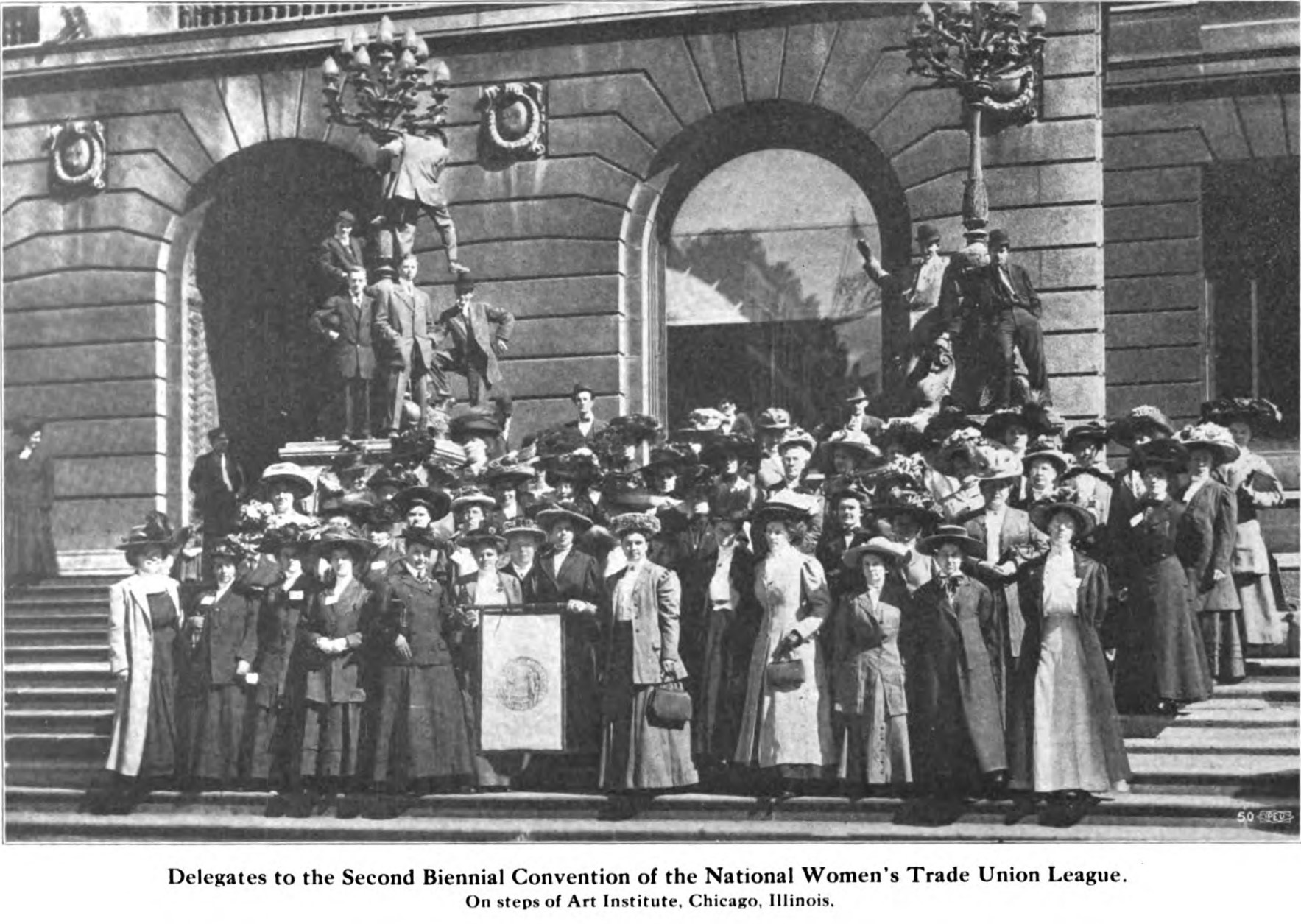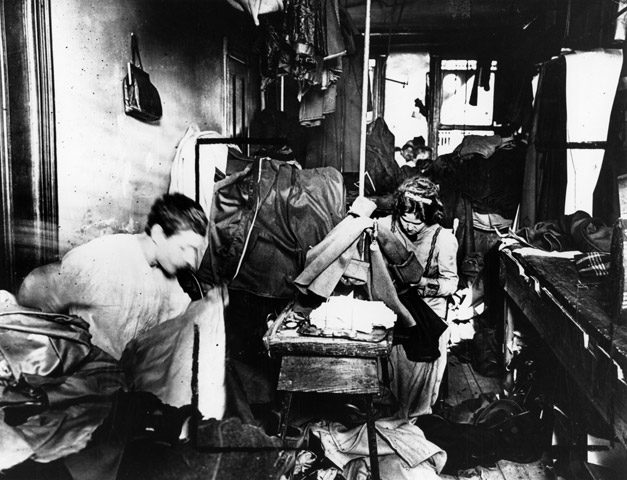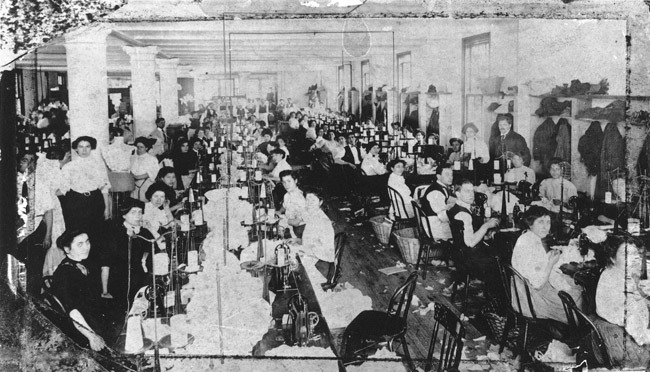"[...] Women's Trade Union League, which formed a committee of one on immediate fire protection. This committee sent all complaints to the different departments of the city, replied to those who signed their letters and tabulated the facts reported. It also started fire meetings, with the co-operation of trade union men, and has held 15 in different districts of the city."
-Mary E. Dreier, President of WTUL New York Chapter, 1911
Triangle Shirtwaist Factory Fire
National History Day 2025
Women's Trade Union League
The Women's Trade Union League, established in 1903 in Boston, Massachusetts, was pivotal in reforming New York City and America itself in the aftermath of the Triangle Shirtwaist Factory Fire. This League, composed of only a few hundred at the time, lobbied for legislative reforms such as shorter work hours and fire safety. It called many conferences, especially after the Triangle Shirtwaist Factory Fire, that would prove to be critical in helping establish proper legislation. The WTUL was a proponent of the McManus Bill, which mandated regular fire drills, outward opening unlocked doors, adequate and accessible fire escapes, and expanded inspection requirements to enforce these new rules. It was critical in mobilizing people for protests, generally done in conjunction with other groups such as the International Ladies' Garment Workers' Union.

Proceedings of the Second Biennial Convention of The National Women's Trade Union League of America, Courtesy HathiTrust
Factory Investigation Commission

Dark, cramped shop with children hired in violation of child labor laws. Courtesy of Remembering The 1911 Triangle Factory Fire, Cornell
The Factory Investigation Commission (FIC) was created in August 1911 by Governor John A. Dix of New York in response to the Triangle Shirtwaist Factory Fire. It was created solely to investigate working conditions to help create future legislation. It investigated sanitary conditions of factories, child labor, wages, fire hazards and much more between 1911 and 1914. The New York Legislature passed many of the bills suggested by this committee, notably requirement of fire drills, automatic sprinklers, prohibition of employment of children under fourteen, limitation of women labor to 54 hours in mercantile establishments, and hours of labor of children ages 14-16 limited to 48 hours a week. The FIC continued helping create a much safer work environment for all Americans after this.

Sewing machine operators, Courtesy of Remembering The 1911 Triangle Factory Fire, Cornell
Kavin Gnanavel
Student Composed Words: 1198
Process paper Words: 485
Media Length: 1:35